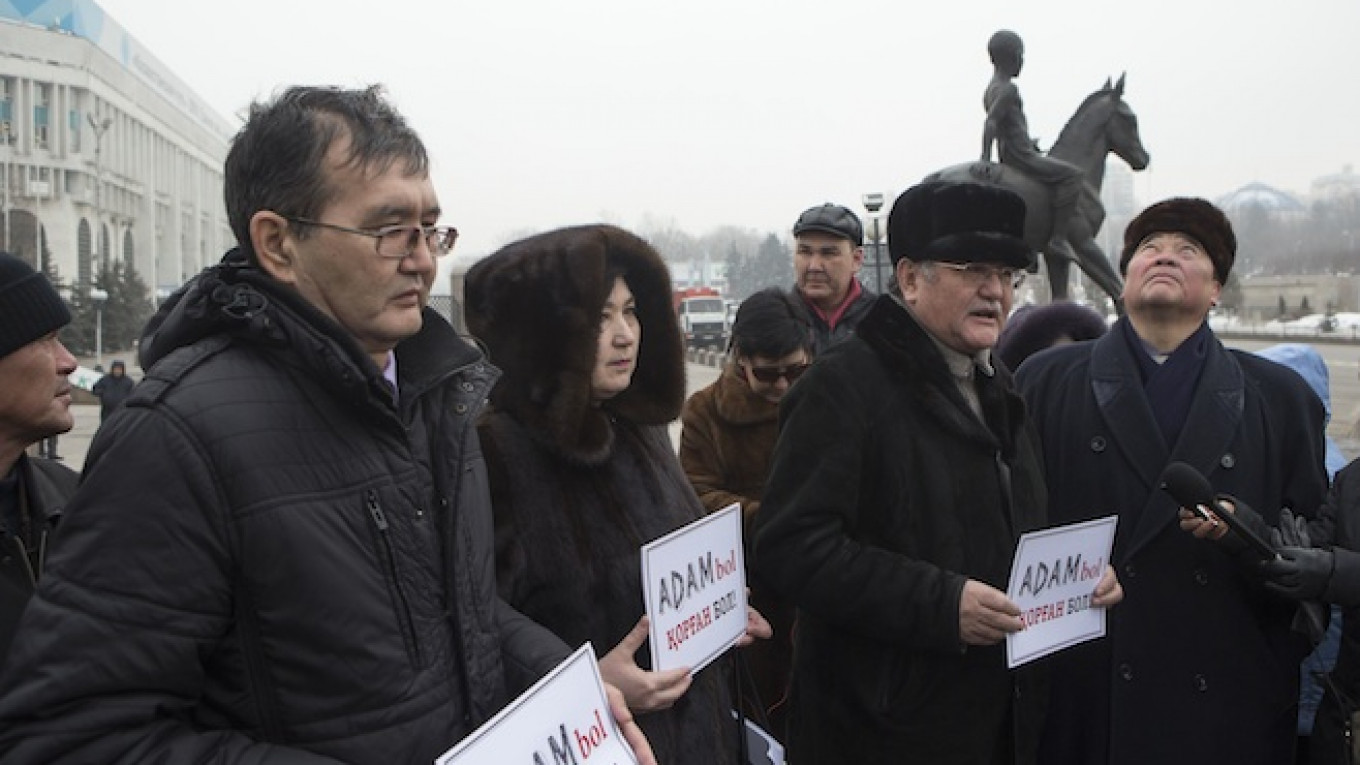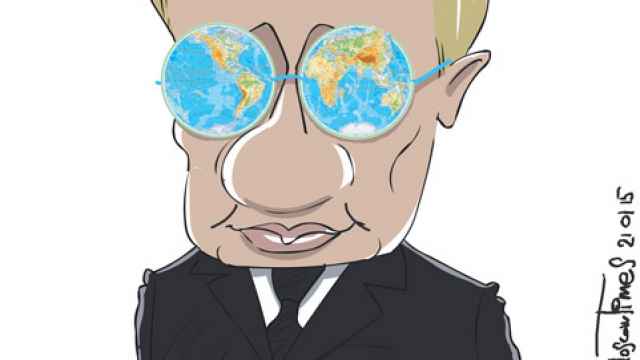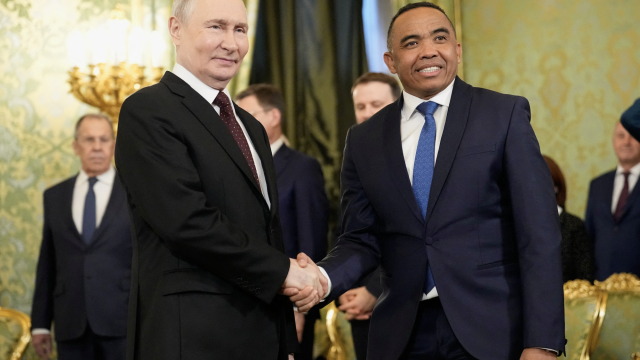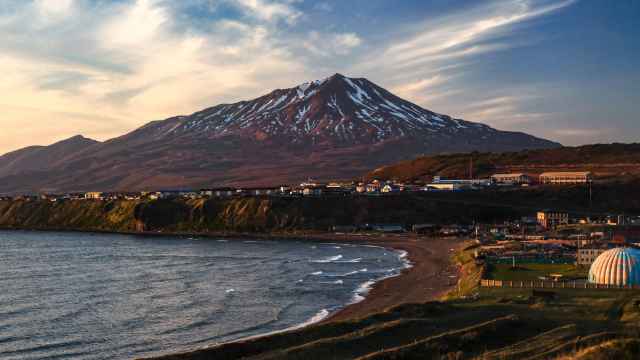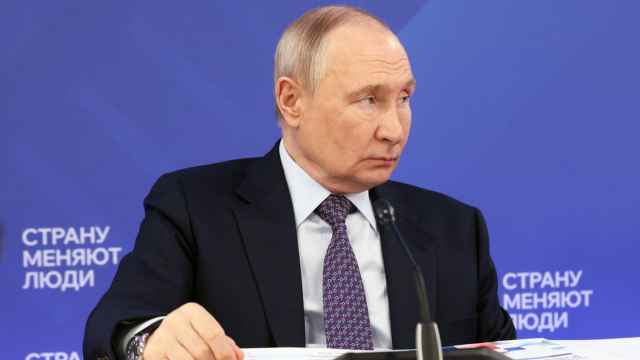Kazakhstan says it has clamped down on peaceful rallies out of fear of a repeat of the protests that brought chaos to Ukraine, a United Nations special rapporteur said in a critical report on the central Asian state.
Kazakhstan's strongman President Nursultan Nazarbayev has sought to play the role of peacemaker in the Ukraine conflict, that was triggered by popular protests that forced the then President Viktor Yanukovych to flee the country in 2014.
Concluding a fact-finding visit to Kazakhstan, the UN rapporteur Maina Kiai said there was a "very limited space for the expression of dissenting views" in the oil-rich nation.
"Various government officials that I met with mentioned the necessity of limiting peaceful assembly for fear of a revolution such as the recent ... events in Ukraine," he said in a statement released late on Tuesday.
"I do not accept this as a legitimate ground for restricting the right (to protest)," he added.
There was no immediate comment from Kazakh officials.
Ukraine's popular uprising, which installed a pro-Western government in Kiev, sent shockwaves across authoritarian post-Soviet Central Asia, including Kazakhstan, which has been ruled by Nazarbayev since the downfall of communism.
Nazarbayev, a former steelworker who has warm ties with Russia, has overseen market reforms and attracted massive foreign investment. But he has also kept a tight lid on dissent.
The West and human rights bodies denounced the Kazakh government after police opened fire in December 2011 to quell a revolt by striking oil workers in the western town of Zhanaozen. At least 16 people were killed.
"Although authorities repeatedly make reference to the 'rule of law,' the practice in Kazakhstan reflects strong adherence to 'rule by law,' perhaps a holdover from the past Soviet era," Kiai said.
He added that he was "deeply disappointed" when some of the people he met during his visit this month to Kazakhstan allegedly came under police surveillance.
A Message from The Moscow Times:
Dear readers,
We are facing unprecedented challenges. Russia's Prosecutor General's Office has designated The Moscow Times as an "undesirable" organization, criminalizing our work and putting our staff at risk of prosecution. This follows our earlier unjust labeling as a "foreign agent."
These actions are direct attempts to silence independent journalism in Russia. The authorities claim our work "discredits the decisions of the Russian leadership." We see things differently: we strive to provide accurate, unbiased reporting on Russia.
We, the journalists of The Moscow Times, refuse to be silenced. But to continue our work, we need your help.
Your support, no matter how small, makes a world of difference. If you can, please support us monthly starting from just $2. It's quick to set up, and every contribution makes a significant impact.
By supporting The Moscow Times, you're defending open, independent journalism in the face of repression. Thank you for standing with us.
Remind me later.


